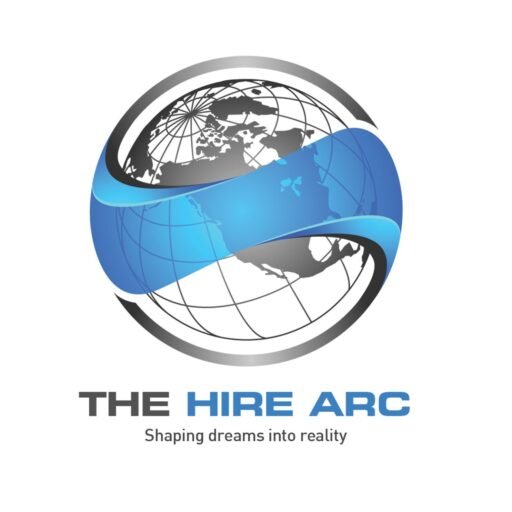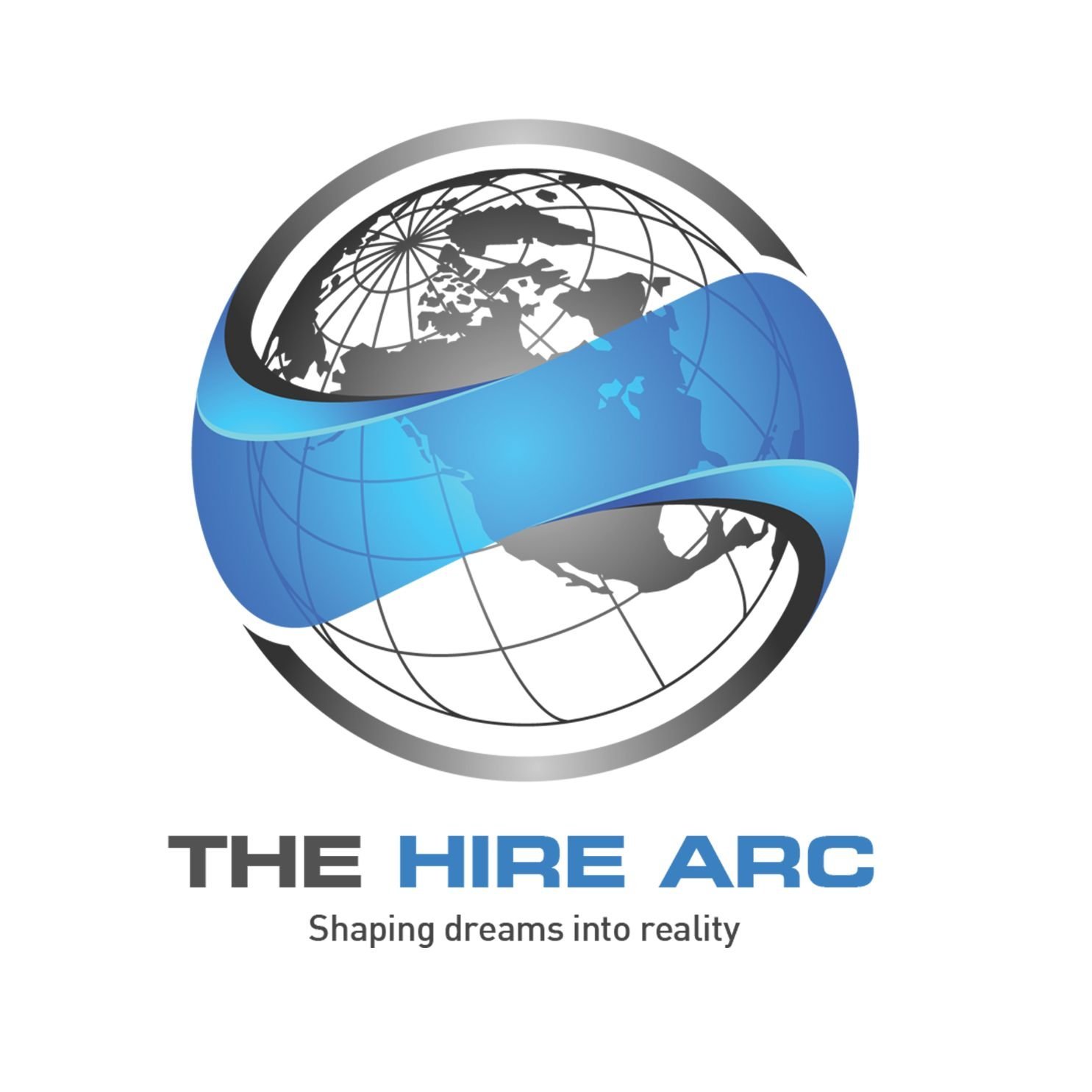Welcome back, Recruiters! As the HR frontline or recruiter of any enterprise, you bear a significant set of responsibilities and face unique challenges compared to other departments. Recruitment management is among them. In the hiring process for your or your clients’ company, you encounter a wide range of tasks and data to manage, making the process occasionally overwhelming. At some point, recruitment agencies find themselves in need of a stronger and more reliable recruitment tool than just an Excel sheet to effectively manage the recruitment workflow. This is where investing in recruiting software becomes a wise choice.
Last week, we explored about the Applicant Tracking Systems, and today, we will explore another essential hiring tool: the Candidate Assessment Tool. This tool is crucial for analyzing candidates in a better, faster, and more efficient manner. Therefore, it will be the focal point of this week’s edition of the Recruiter Digest newsletter. Be sure to read it in its entirety to gain a comprehensive understanding of this tool and learn how you can enhance your hiring processes using it.
What is a Candidate Assessment Tool?
A Candidate Assessment Tool is specialized software or platform designed to evaluate job candidates’ skills, competencies, personality traits, and suitability for a particular role. It is an integral part of the recruitment process, offering valuable insights to recruiters and hiring managers to make informed decisions about candidate selection.
Key Features of a Candidate Assessment Tool:
1. Skills Assessment:
These tools enable recruiters to assess candidates’ technical skills, such as coding abilities, language proficiency, or proficiency in specific software tools. This assessment helps ensure that candidates possess the required skills for the job role.
2. Behavioral Assessment:
Candidate Assessment Tools often include assessments to evaluate candidates’ behavioral traits, such as communication skills, teamwork, problem-solving ability, and adaptability. These assessments provide insights into how well candidates are likely to fit into the company culture and work environment.
3. Cognitive Assessment:
Some Candidate Assessment Tools offer cognitive assessments to measure candidates’ cognitive abilities, including critical thinking, logical reasoning, and decision-making skills. These assessments help predict candidates’ potential to succeed in the role and contribute effectively to the organization.
4. Personality Assessment:
Personality assessments in Candidate Assessment Tools evaluate candidates’ personality traits, such as extraversion, agreeableness, conscientiousness, openness, and emotional stability. Understanding candidates’ personalities can help recruiters determine whether they align with the job requirements and team dynamics.
5. Customizable Assessments:
Many Candidate Assessment Tools allow recruiters to create customized assessments tailored to specific job roles or organizational needs. Recruiters can define assessment criteria and questions based on the job requirements, ensuring that the assessment accurately reflects the skills and qualities needed for success in the role.
6. Scoring and Reporting:
After candidates complete assessments, Candidate Assessment Tools generate scores and comprehensive reports that highlight candidates’ strengths, weaknesses, and overall suitability for the role. Recruiters can use these insights to compare candidates objectively and make data-driven hiring decisions.
7. Integration with Applicant Tracking Systems (ATS):
Candidate Assessment Tools often integrate seamlessly with ATS platforms, allowing recruiters to manage assessments within the same recruitment workflow. Integration streamlines the hiring process by centralizing candidate data and assessment results in one place.
Benefits of Using a Candidate Assessment Tool:
- evaluate candidates based on standardized criteria, reducing bias in the hiring process.
- Time and Cost Savings: Automated assessments save time for recruiters by efficiently screening candidates and identifying top performers early in the process, thereby reducing time-to-hire and overall recruitment costs.
- Improved Hiring Decisions: By providing insights into candidates’ skills, behaviours, and cognitive abilities, Candidate Assessment Tools help recruiters make more informed hiring decisions, leading to better employee performance and retention.
- Enhanced Candidate Experience: Candidates appreciate transparent and fair assessment processes, which can positively impact the employer brand and attract top talent to the organization.
Wrap Up:
Candidate Assessment Tools are must-have resources for modern recruiters and hiring managers who are looking to improve their recruitment processes and make smarter hiring decisions. By offering a comprehensive suite of assessments to evaluate candidates objectively based on skills, competencies, and personality traits, these tools enable recruiters to identify top talent efficiently and effectively. Also, this tool plays an important role in promoting diversity and inclusion within the hiring process by reducing unconscious bias and ensuring a fair evaluation of all candidates, regardless of their backgrounds. By including such tools in your recruitment process, you can make data-driven hiring decisions that align with organizational goals and values.
We hope this edition of Recruiter Digest has provided valuable insights into the benefits of using Candidate Assessment Tools for smarter hiring. Stay tuned for future editions, where we’ll continue to explore innovative strategies and technologies to empower recruiters and elevate the recruitment process to new heights.
- Insightful Questions to Ask Hiring Managers During Interviews - November 9, 2025
- Recruitment Challenges: What You Must Know in 2025 - November 9, 2025
- Recruitment Metrics and KPIs: The Complete 2025 Guide for Indian Recruiters - November 9, 2025



